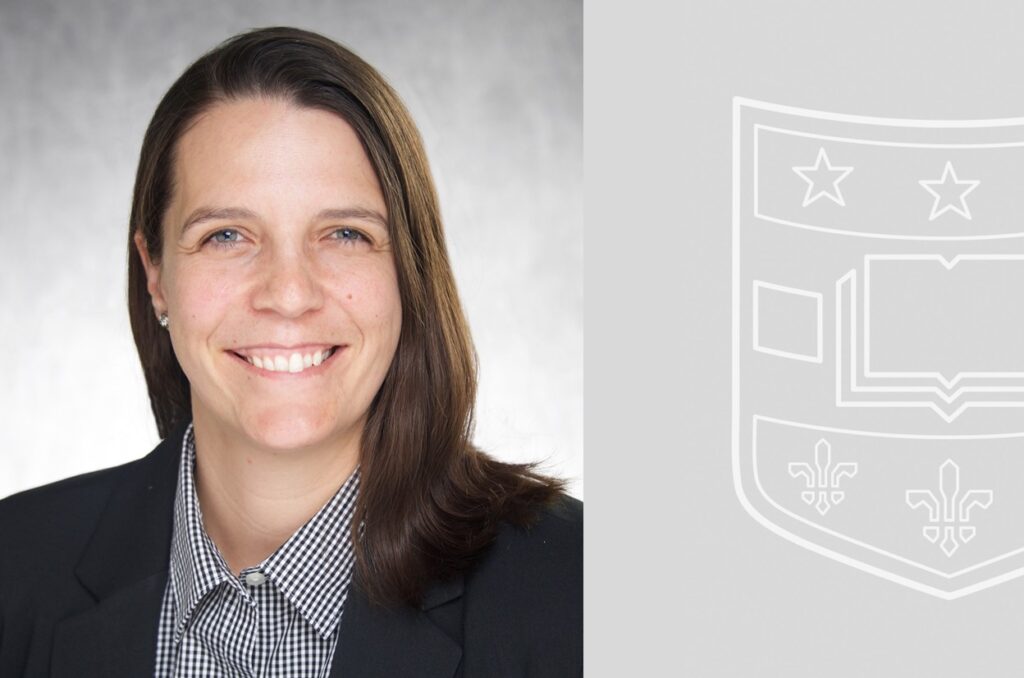Dr. Kathleen Markan’s background is in studying adipose tissue began as a research technician at the University of Chicago where she studied the function of the co-repressors NCoR and SMRT during adipogenesis. This led her to the graduate program and the Committee on Molecular Metabolism & Human Nutrition at the University of Chicago. As a PhD student in this program, she studied in the lab of Matthew Brady, PhD where she discovered a novel role for the Protein Targeting to Glycogen (PTG) and adipocyte glycogen in triglyceride metabolism. After completing her PhD studies, Dr. Markan joined the lab of Laurie Goodyear, PhD at the Joslin Diabetes Center & Harvard Medical School for postdoctoral training. Here her primary focus was on understanding the effects of brown adipose tissue on insulin sensitivity and glucose homeostasis. Additionally, sje studied the effects of exercise on adipose tissue. Next, she took up a second postdoc with Matthew Potthoff at the University of Iowa to gain training in advanced physiological techniques and mouse genetics. Dr. Markan’s primary focus here was understanding the role of adipose tissue in the insulin sensitizing effects of the hormone fibroblast growth factor 21 (FGF21).
While at the University of Iowa she was awarded an F32 Postdoctoral NRSA Fellowship as well as a K01 Mentored Scientist Development Award. Additionally, she progressed through the junior faculty ranks first as an Associate of Pharmacology, then gaining promotion to Research Assistant Professor. Following an interruption due to family care and the Covid 19 pandemic, Dr. Markan returned to academics as an Affiliate Visiting Scientist working with the lab of Josiane Broussard, PhD at Colorado State University. Here, she was part of a project to understand the effects of weight loss on clock gene expression in muscle.
As she joins the faculty at Washington University in St. Louis School of Medicine, she is interested in understanding the role of adipose stem cells in adipose tissue development and whether or not these cells may be harnessed therapeutically. Finally, in addition to her professional interest in adipose tissue development, she has a professional and personal interest in metabolism, exercise physiology and nutrition. She is an adipose biologist with a strong interest in understanding the development of the various types of adipose tissue such white, brown, and beige adipose. She is particularly interested in understanding the role of adipose stem cells during tissue development and whether or not they may be harnessed for therapeutic benefit during obesity and diabetes
